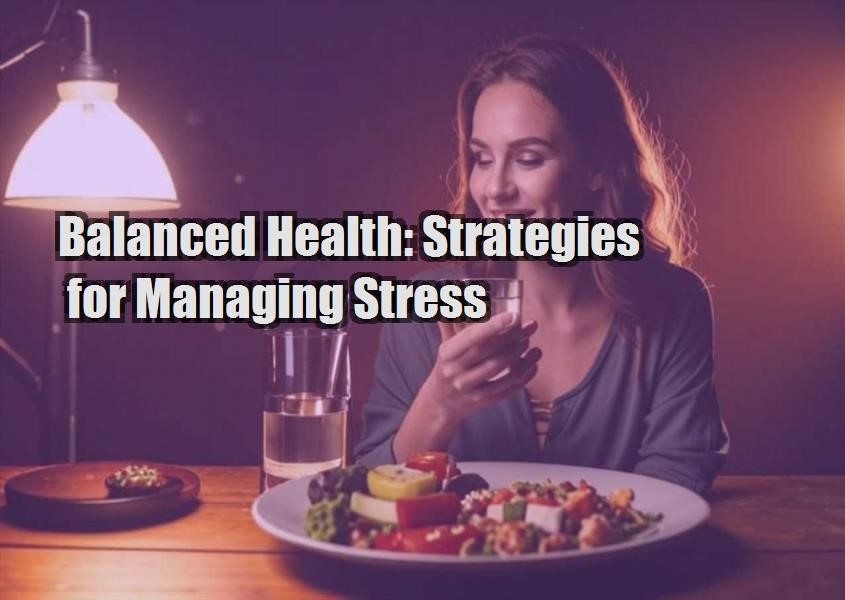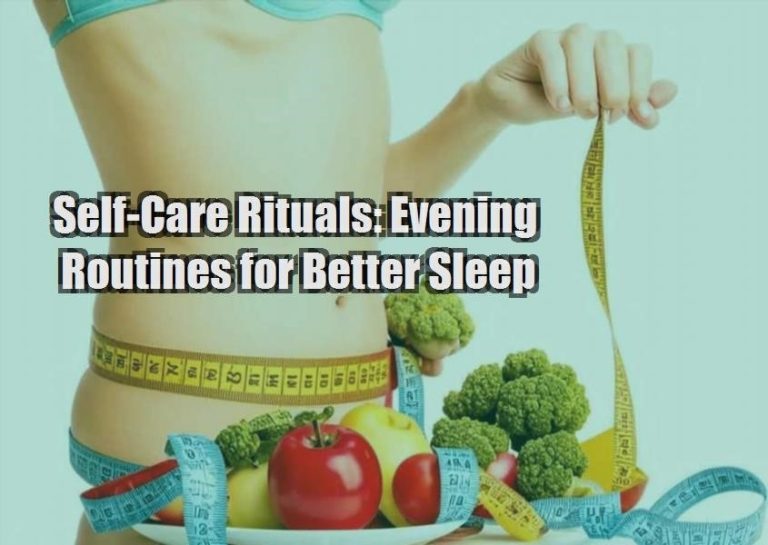n
In today’s fast-paced world, managing stress has become a crucial aspect of maintaining balanced health. Chronic stress can negatively impact both physical and mental well-being, leading to a variety of health issues. This article explores effective strategies to help you manage stress and achieve a healthier, more balanced lifestyle.
n
Understanding Stress and Its Impact
n
Stress is the bodys response to any demand or challenge. While a certain amount of stress can be beneficial, keeping us alert and motivated, chronic stress can lead to serious health problems. Prolonged stress affects the immune system, increases the risk of heart disease, and can cause mental health issues such as anxiety and depression.
n
Strategies for Managing Stress
n
1. Exercise Regularly
n
Physical activity is one of the most effective ways to combat stress. Exercise releases endorphins, which are natural mood lifters. Aim for at least 30 minutes of moderate exercise, such as walking, running, or yoga, most days of the week. Not only does regular exercise improve physical health, but it also enhances mental well-being by reducing anxiety and depression symptoms.
n
2. Practice Mindfulness and Meditation
n
Mindfulness and meditation practices have been shown to significantly reduce stress levels. Mindfulness involves paying attention to the present moment without judgment. Meditation, on the other hand, often involves focusing on a particular object, thought, or activity to train attention and awareness. Incorporating these practices into your daily routine can help you manage stress more effectively.
n
3. Maintain a Healthy Diet
n
A balanced diet plays a crucial role in managing stress. Eating a variety of nutrient-dense foods supports overall health and can improve your body’s resilience to stress. Avoid excessive consumption of caffeine and sugar, as they can increase anxiety and interfere with sleep. Instead, focus on eating plenty of fruits, vegetables, whole grains, and lean proteins.
n
4. Get Enough Sleep
n
Sleep is essential for stress management and overall health. Chronic sleep deprivation can exacerbate stress and negatively impact mood, cognitive function, and physical health. Aim for 7-9 hours of quality sleep each night. Establishing a regular sleep routine and creating a restful sleep environment can help improve sleep quality.
n
5. Stay Connected
n
Social support is vital for managing stress. Connecting with friends and family provides emotional support and can help you feel more resilient in the face of stress. Make time for social activities and don’t hesitate to seek support from loved ones when needed.
n
6. Learn to Say No
n
Overcommitting yourself can lead to increased stress and burnout. It’s important to recognize your limits and learn to say no when necessary. Prioritizing tasks and setting boundaries can help you manage your time more effectively and reduce stress.
n
7. Practice Relaxation Techniques
n
Relaxation techniques such as deep breathing, progressive muscle relaxation, and guided imagery can help reduce stress and promote a sense of calm. These techniques can be practiced anywhere and at any time, making them a convenient option for stress management.
n
8. Stay Organized
n
Being organized can help reduce stress by making it easier to manage daily tasks and responsibilities. Use planners, to-do lists, and other organizational tools to keep track of your commitments and deadlines. Staying organized can help you feel more in control and less overwhelmed.
n
The Importance of a Holistic Approach
n
Managing stress effectively requires a holistic approach that considers both physical and mental health. Integrating various strategies into your daily routine can help you achieve balanced health and improve your overall well-being. Remember, its essential to find what works best for you and make stress management a priority in your life.
n
Conclusion
n
In conclusion, managing stress is vital for maintaining balanced health. By incorporating regular exercise, mindfulness practices, a healthy diet, adequate sleep, social connections, and relaxation techniques into your life, you can effectively manage stress and enhance your overall well-being. Remember, taking care of your mental and physical health is crucial for leading a happy, healthy, and stress-free life.
n
By following these strategies, you can take proactive steps toward a more balanced and fulfilling life. Start implementing these tips today and experience the positive impact on your stress levels and overall health.
n







